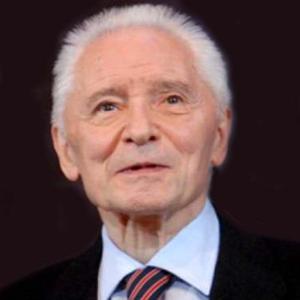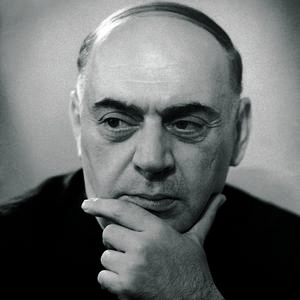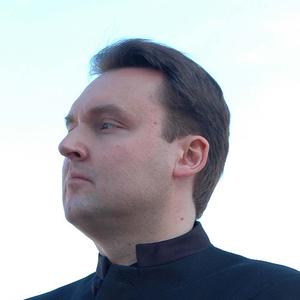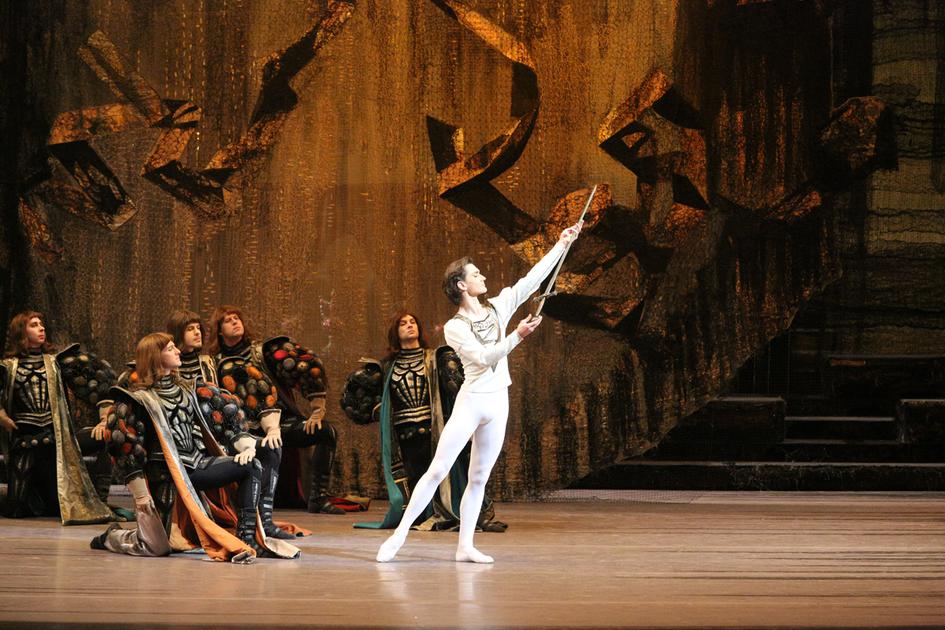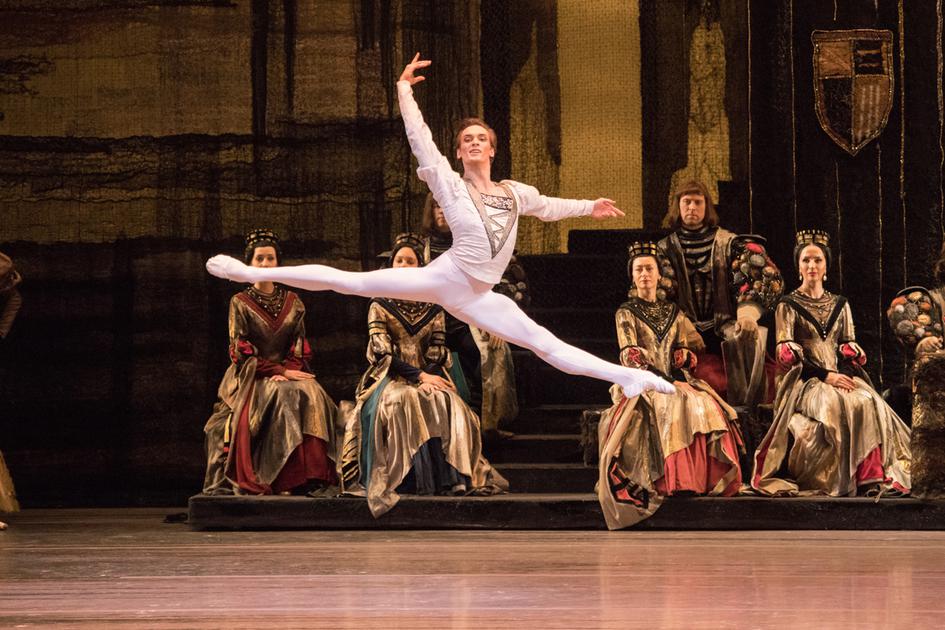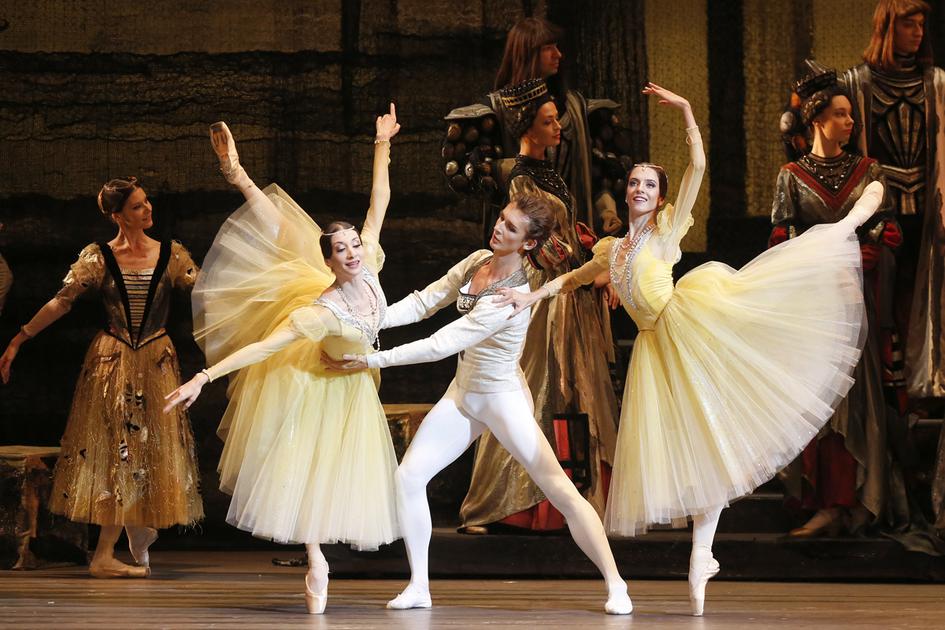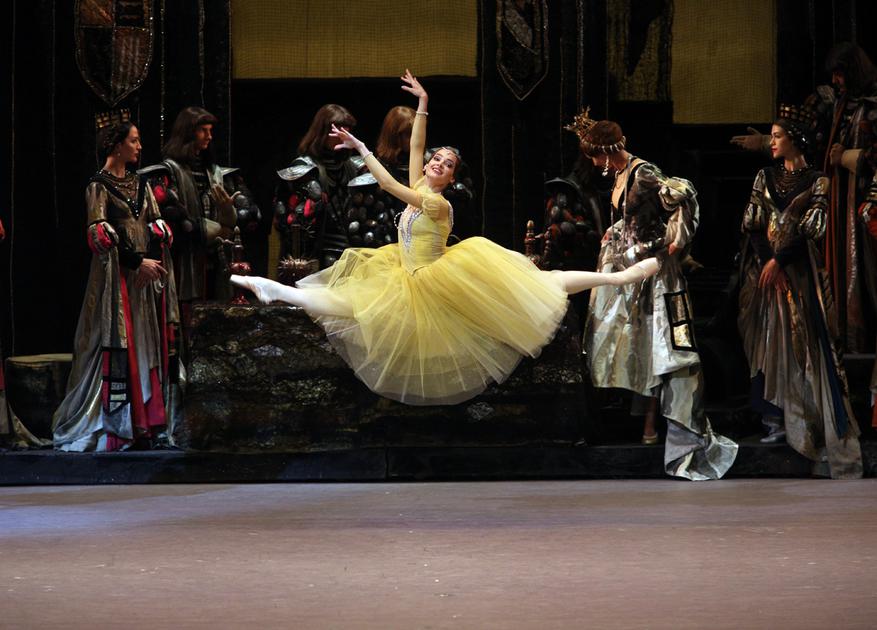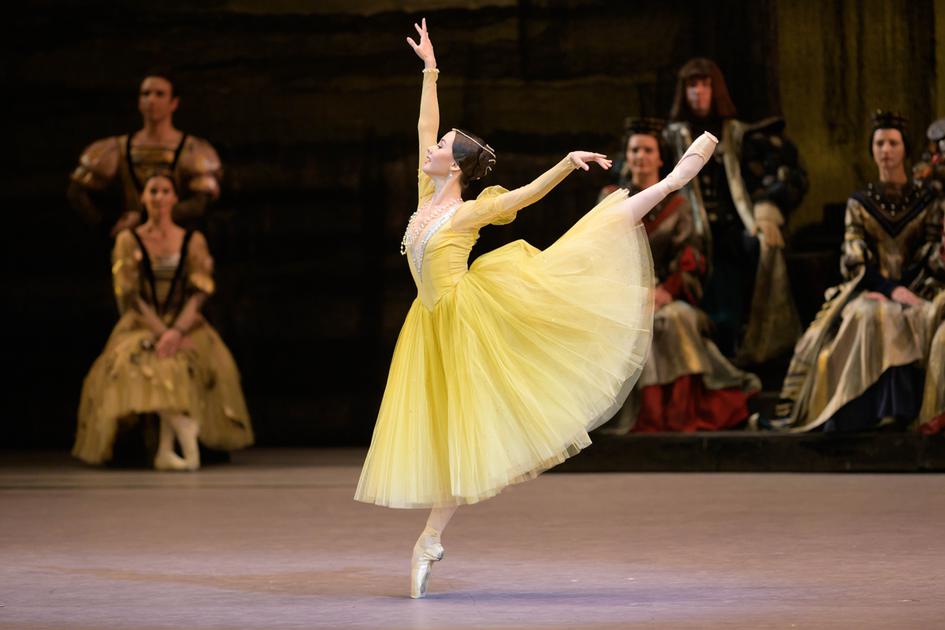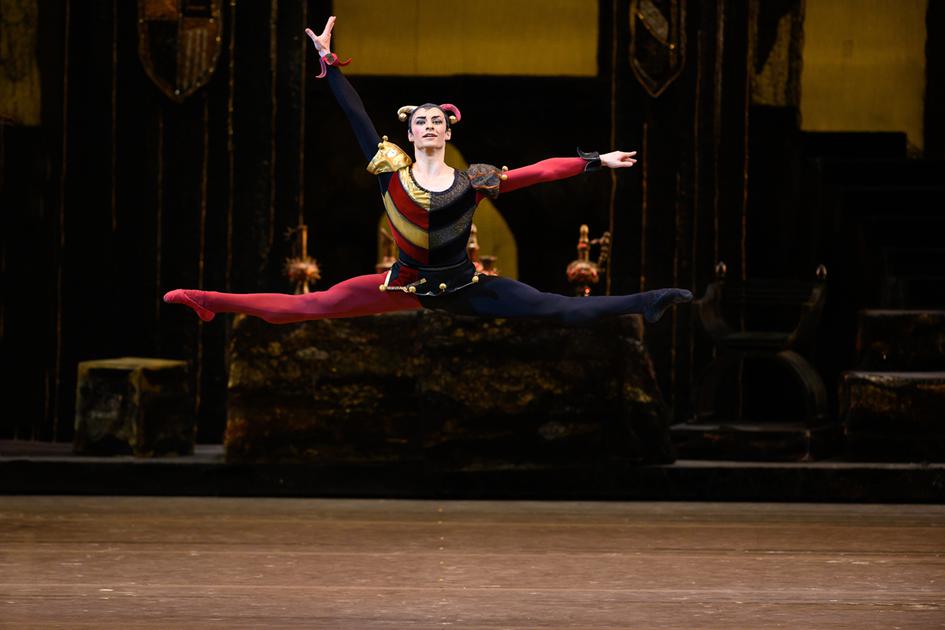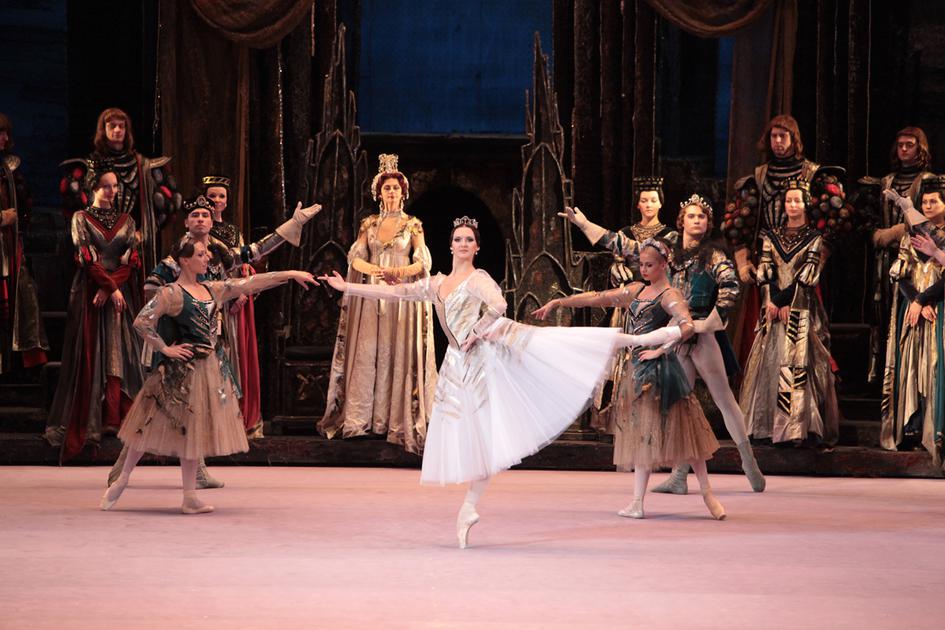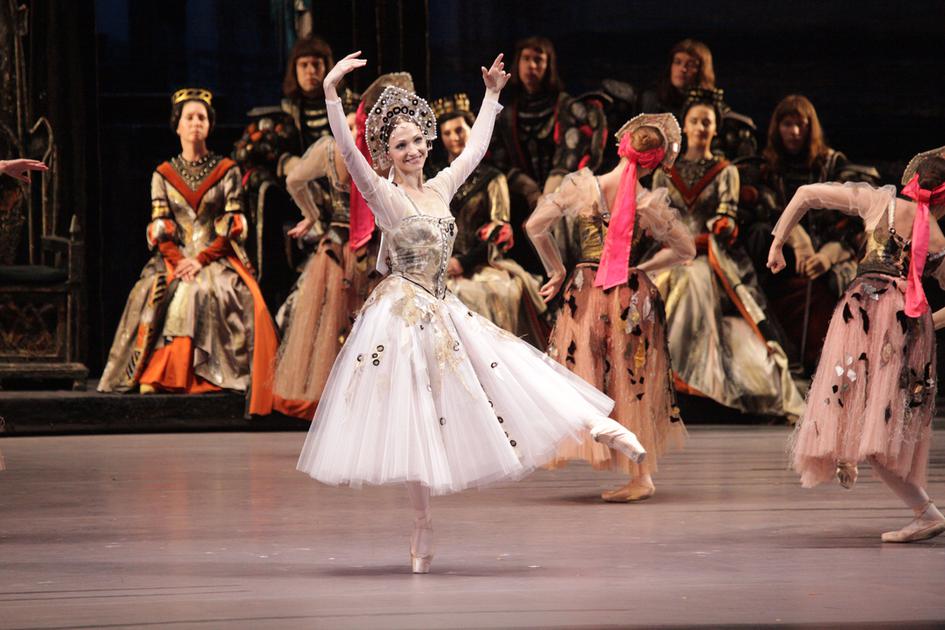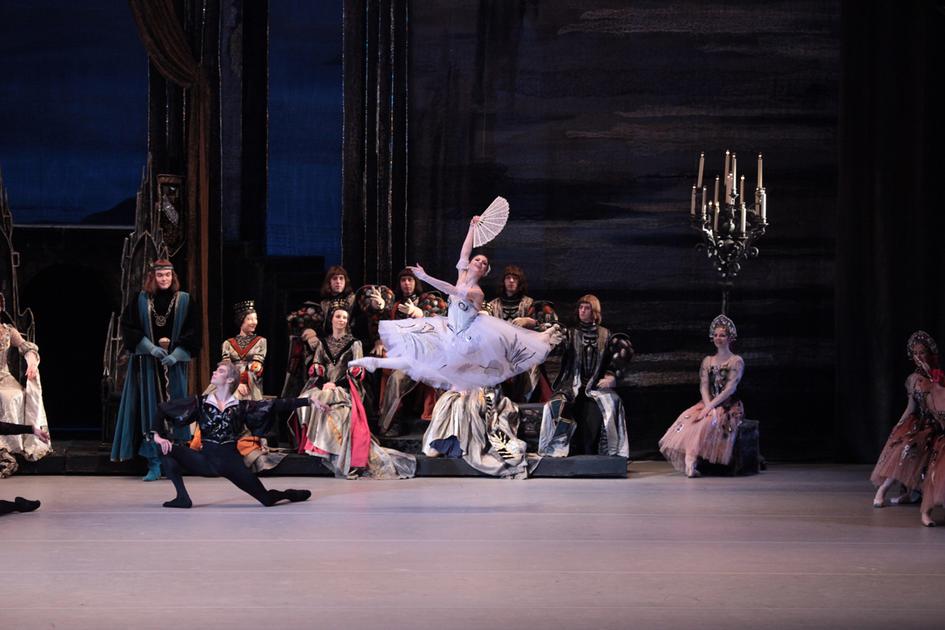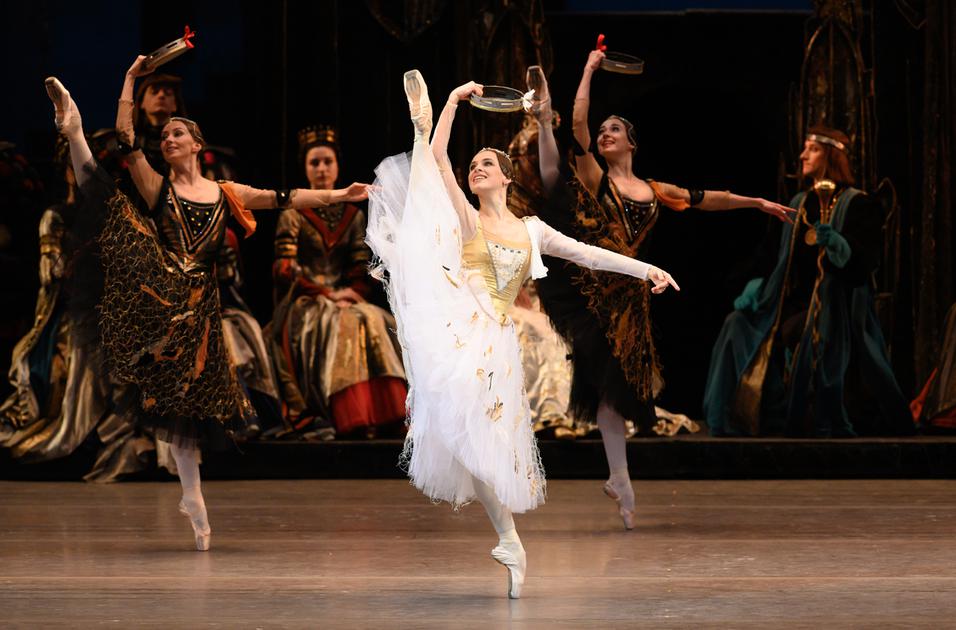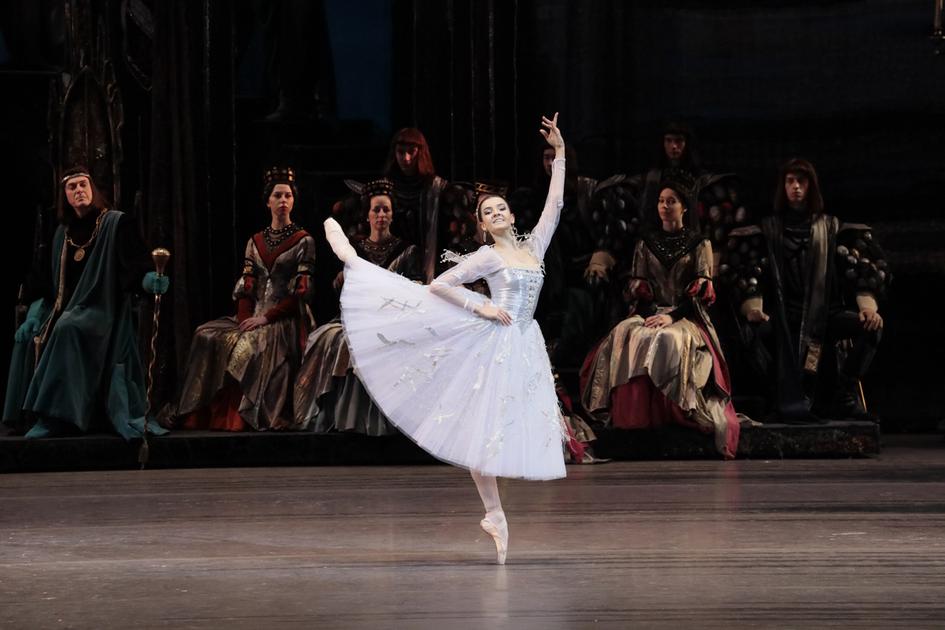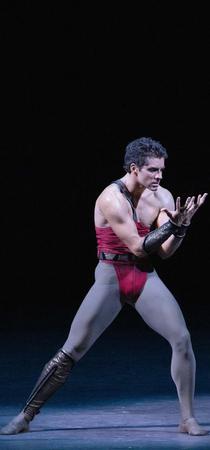
Aram Khachaturyan
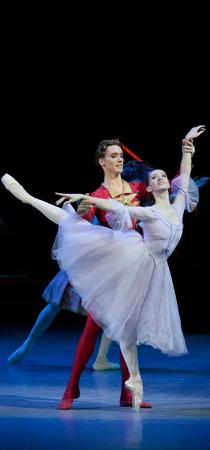
Pyotr Tchaikovsky
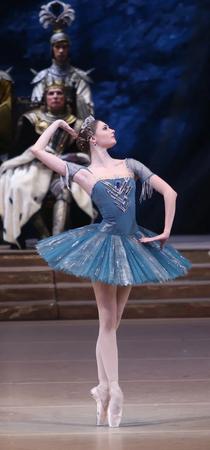
Alexander Glazunov
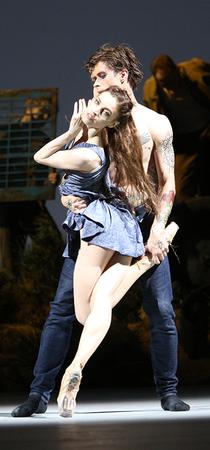
Ilya Demutsky
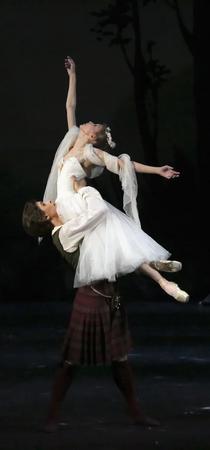
Herman Severin Levenskiold
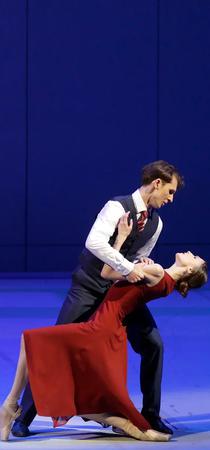
to music by Pyotr Tchaikovsky Alfred Shnitke, Cat Stevens / Yusuf Islam
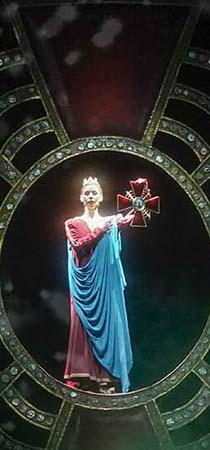
to music by Valery Gavrilin
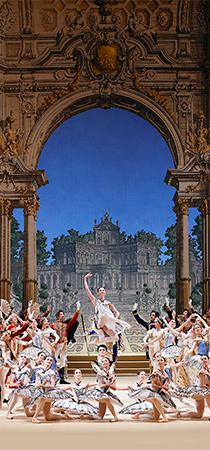
Ludvig Minkus, Edouard Deldevez
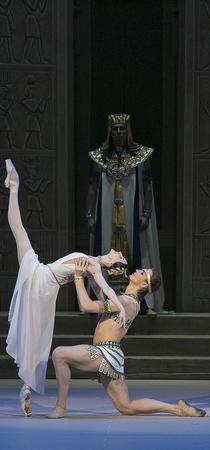
Cesare Pugni
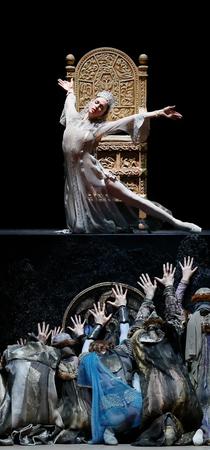
to music by Sergei Prokofiev
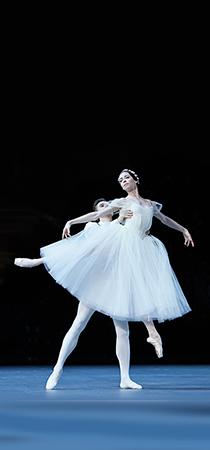
to music by Frederic Chopin
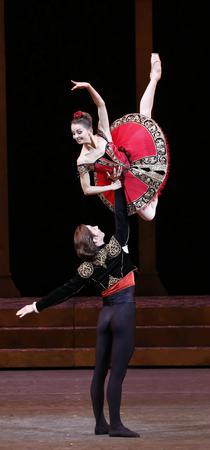
Ludwig Minkus
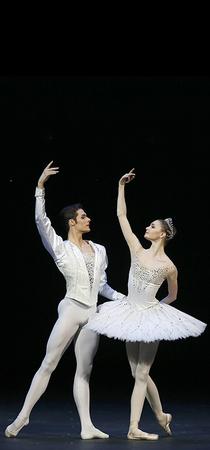
to music by Gabriel Fauré, Igor Stravinsky, Pyotr Tchaikovsky
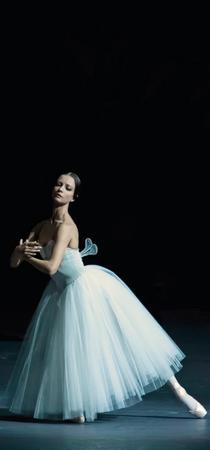
Adolphe Adam
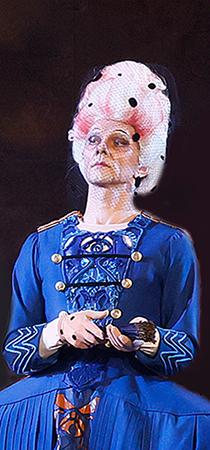
Pyotr Tchaikovsky – Yuri Krasavin
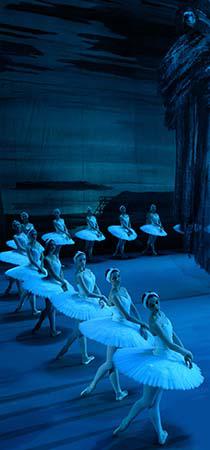
Pyotr Tchaikovsky
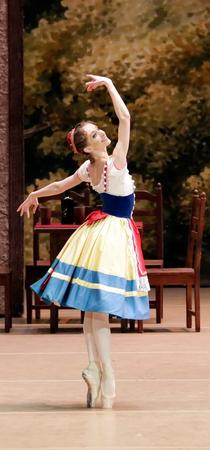
Leo Delibes
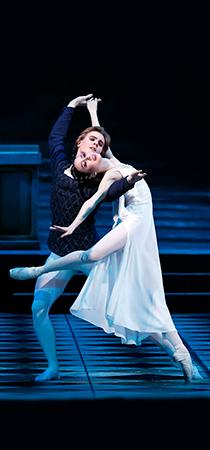
Sergei Prokofiev
Yuri Krasavin
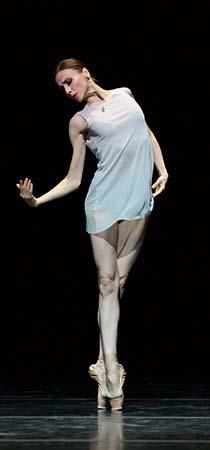
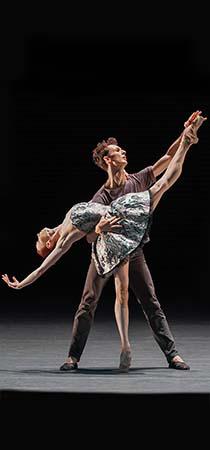
Yuri Krasavin
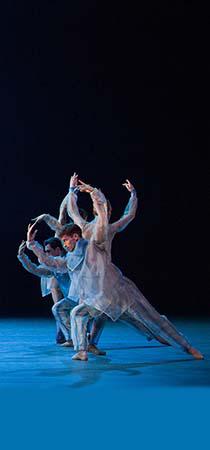
Alexander Glazunov
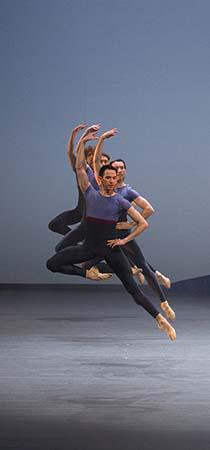
to music by Anatoly Korolyov
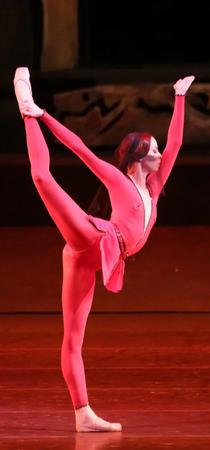
Arif Melikov
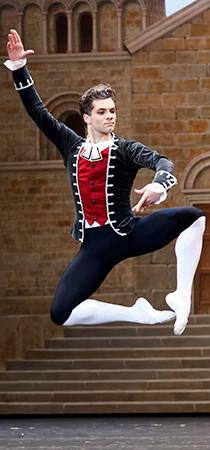
Daniel-François-Esprit Auber
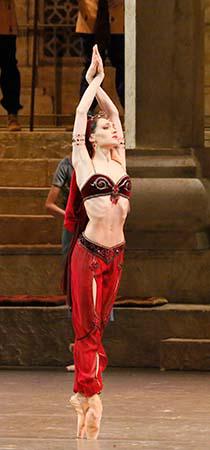
Ludwig Minkus
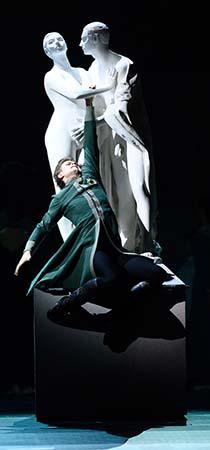
Joby Talbot

Georges Bizet–Rodion Shchedrin
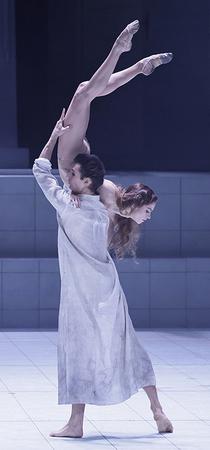
to music by Alfred Schnitke and Milko Lazar
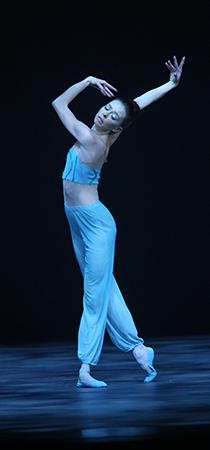
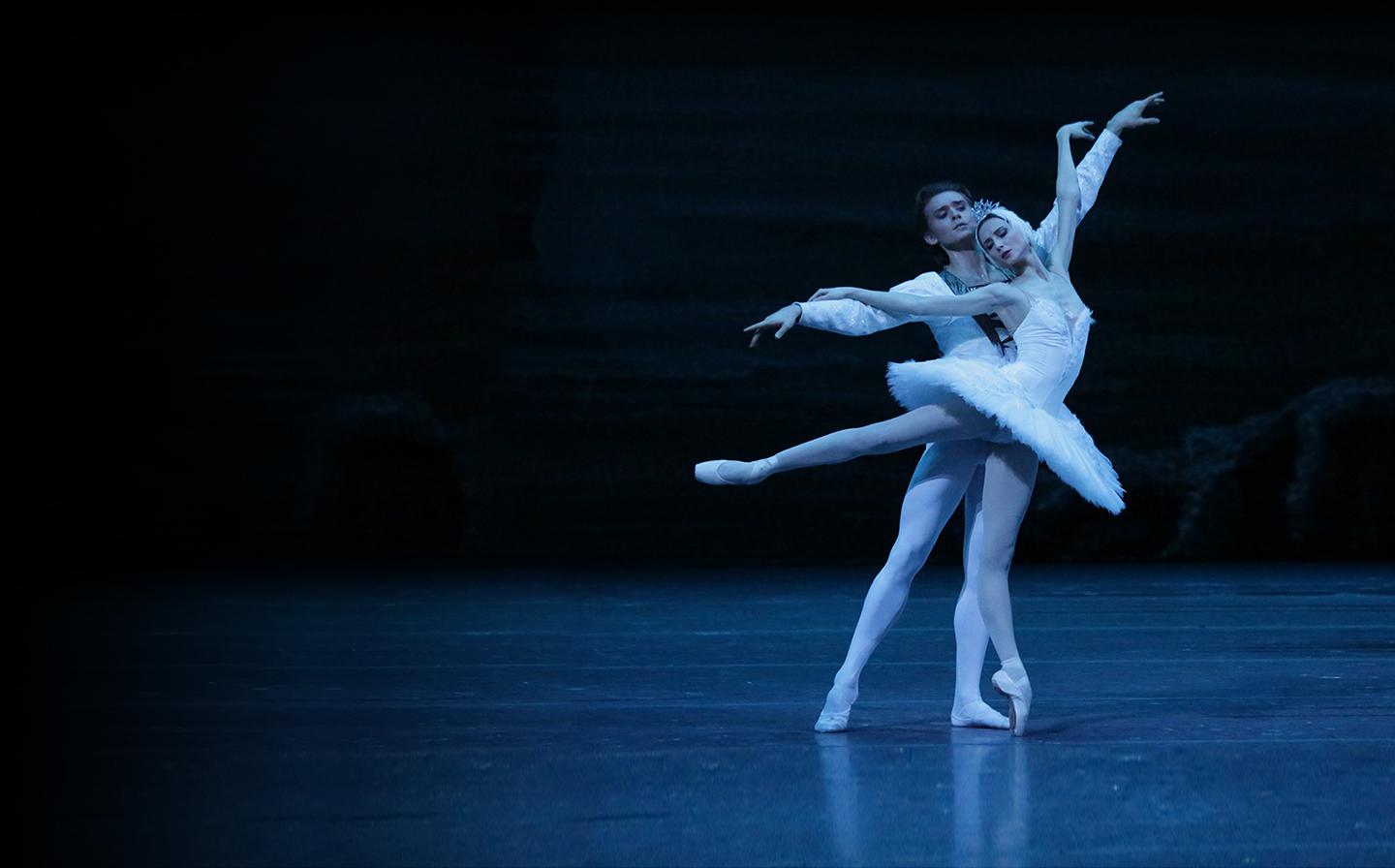
Swan Lake, the first Tchaikovsky’s ballet, was commissioned by the Bolshoi Theatre. Here, on the 20th of February (old style) 1877 the world premiere in the staging by Julius Wenzel Reisinger took place, and already in 1880, the next approach to stage it was made by Joseph Hansen.
However, the real and uninterrupted stage life of the score, that led Swan Lake into the circle of masterpieces, started in St Petersburg, just after the composer died prematurely. On the 17th of February 1894, as part of a memorial production In the memory of P.I. Tchaikovsky, which was organised by the directorate of the Imperial Theatres, the second act in the choreography by L. Ivanov was performed.
Premiered on March 2, 2001.
Tuesday, 19:00
Thursday, 19:00
Wednesday, 19:00
Tuesday, 19:00
Friday, 19:00
Thursday, 19:00
Wednesday, 19:00
Sunday, 14:00
Saturday, 19:00
Saturday, 12:00
Saturday, 19:00
Saturday, 12:00
Friday, 19:00
Sunday, 14:00
Saturday, 19:00
Saturday, 12:00
Friday, 19:00
Sunday, 14:00
Saturday, 19:00
Saturday, 12:00
Friday, 19:00
Thursday, 19:00
Wednesday, 19:00
Tuesday, 19:00
Wednesday, 19:00
Sunday, 19:00
Saturday, 19:00
Saturday, 12:00
Friday, 19:00
Sunday, 14:00
Sunday, 14:00
Saturday, 19:00
Saturday, 12:00
Tuesday, 19:00
Sunday, 19:00
Saturday, 19:00
Friday, 19:00
Act I
Scene 1
In an old German castle, the birthday of Prince Siegfried is being celebrated; today he comes of age. He is congratulated by his mother, the Princess Mother, friends and courtiers. In a majestic ceremony, Siegfried is made a knight. From this day on a sense of duty, valor willbe the guiding principles in his life.
The last toasts are pronounced in his honor, young girls, his contemporaries, try to attract his attention, but Siegfried is overcome by emotions of a different order. He dreams of a pure, ideal love. The festivities draw to an end, the guests depart, leaving the prince alone with his thoughts in the gathering dusk. Night falls. Siegfried is conscious of the presence of a shadow at his side, it is as if some mysterious force is beckoning to him. It is the Evil Genius, or Fate itself, who has come to reveal some perturbing secrets to the Prince. Submitting to the powerful pull of his invisible companion’s presence and fullof anxious foreboding, Siegfried succumbs to the ideal world of his dreams...
